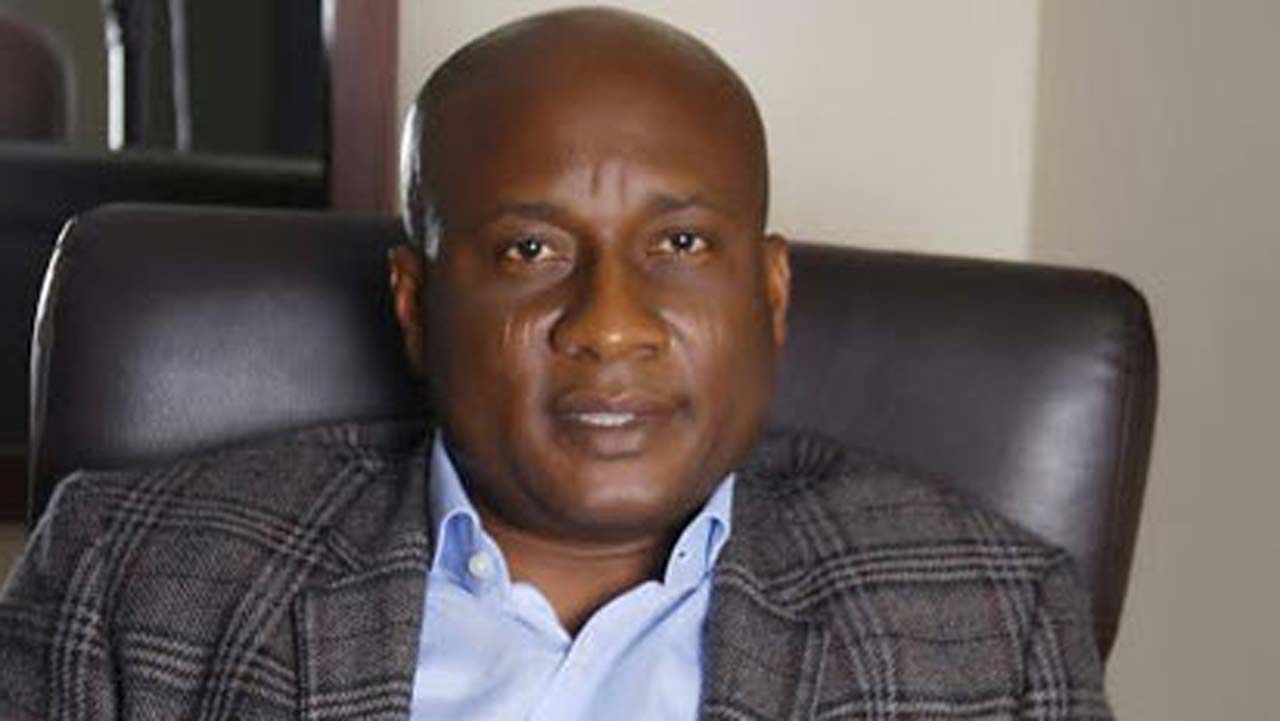There is no doubt that Nigerians have been undergoing hard times. For some years now they have been grappling with all sorts of socio-economic and political challenges, but not on the scale of the hardship foisted upon them since the outbreak of the Russia-Ukraine war. Although the country is thousands of kilometers away from the scene of the war, the negative effects of the crisis, coupled with excessive borrowing of the Federal Government, in what many believe will dovetail into a debt crisis, are affecting Nigerians and the economy in ways that may last a while. JOHNMARK UKOKO reports.
The Russia and Ukraine war is just a little over a month old. While both countries have lost thousands of lives to the ongoing war and several others have been injured, Nigeria, which lies thousands of kilometers away from the theatre of the war, is counting its economic and other losses.
Recently, when the Master Baker’s Association of Nigeria raised the alarm that bread will soon be out of reach of the common Nigerian due to the war, most Nigerians doubted the president of the association, Emmanuel Onuoha, who alerted to the looming danger.
Addressing journalists, he said bread might soon be out of reach in most homes in the country, adding that due to the country’s unstable power supply, bakery business was largely being run on generating sets with Automated Gas Oil (AGO), otherwise called diesel.
He said in January 2022 before the outbreak of the war, diesel sold for between N260 and N300 per litre depending on the location and the filling station.
“In January 2022, we were buying diesel for between N260 and N300 per litre depending on location and the marketers. But by the end of February, the price of diesel rose to between N700 and N850 depending on the location.
“While those of us in Lagos pay between N700 and N750 per liter, our colleagues in the South East and South South have been buying the product for between N750 and N900 per litre.
“Our colleagues in the North are paying between N850 to N1, 000. We can no longer afford diesel. We don’t have any other option than to close our operations. We can no longer pass the additional cost to our customers.
Check by The Trumpet revealed that a medium-sized bread that was sold for between N300 and N350 late last year, now sells for between N700 and N800.
“With the current price of diesel and under the present circumstances, we can no longer produce bread. Most of our colleagues have packed up, while the few that have not done so will soon follow suit,” he stated.
He said bread used to be the cheapest and easy to buy food item for the masses, adding that all over the world, bread had always remained affordable to most people.
Onuoha disclosed that many people who used to work in bread chains have also lost their jobs due to the price of diesel, which increased astronomically.
He said bakeries usually employ many workers, ranging from those who work in the bakeries to the vendors, as well as those that sell to the consumers, adding that once a bakery shuts down, several jobs are lost.
Onuoha said those losing their jobs daily in bakeries will now join the country’s already saturated unemployment market, adding that their plight was compounded by the erratic power supply due to the constant collapse of the national grid, especially in March.
Besides the diesel issue, a bag of wheat, flour, sugar and everything else have increased by twice or three times their original prices since the beginning of the year,” further he lamented.
To make matters worse for Nigerians, Vice Chairman of Airlines Operators Association of Nigeria (AOAN), Allen Onyema, said he and his colleagues could no longer afford the price of aviation fuel or Jet A1.
Onyema, who is also Chairman and Chief Executive Officer of Air Peace Airline, said at the beginning of the year, aviation oil was sold for N190, but due to the Russia-Ukraine war the price has skyrocketed to about N700 per liter.
Speaking with the House of Representatives Committee on Aviation recently, he disclosed that due to the scarcity of the product exacerbated by the Russia and Ukraine war, marketers of the product now ask for upfront payment before delivering aviation fuel.
Read Also: Expert seeks Lagos residents’ inclusion in model city plan
Onyema said the association planned to close their operations last Thursday, March 17, 2022 if the House of Representatives failed to salvage the situation.
The local airlines also planned to increase a one-hour air trip from N35, 000 to N120, 000 per ticket.
At the end of the House of Representatives intervention, the parties agreed that the airline operators would be buying the product for N500 for the time being, to allow the Federal Government to seek workable solutions to the challenge.
Similarly, manufacturers have also lamented that the country’s manufacturing sector was already in a precarious situation.
Speaking in Lagos at the weekend, Director General of the Manufacturers Association of Nigeria (MAN), Segun Ajayi-Kadir, confirmed that the current price of diesel was stifling the real sector.
He said the current price of the product has become a source of serious concern for the members of MAN, due to its negative impact on businesses generally, especially the manufacturing sector.
Ajayi-Kadir noted that hike was due to the increase in price of crude oil at the international market, which had seen the price of crude oil soar to over $120 per barrel due to the Russia-Ukraine war.
He said: “We all know that diesel has been deregulated, which removes buffer from the cost. The law of demand and supply is at play here, and since we have historically lacked local refining capacity, we are left at the mercy of the vagaries of international price and the geo-politics of crude oil production and sale.
“As long as the price of crude oil continues to increase, the price of diesel will equally skyrocket. It is now said to be at N750 per litre, up from about N300 per liter two months ago.
“Unfortunately, manufacturers who largely rely on diesel to run their factories due to the unreliable nature of the grid challenges. The direct implication of this trend as many Nigerians are already feeling the heat, is the reflective high cost of goods in the market, owing to the high cost of production,” he said.
Ajayi-Kabir disclosed that manufacturers spend N100 billion yearly on alternative energy sources, which constituted between 30 and 40 per cent of their running costs.
He stressed that the implication was that manufacturing cost structure was thrown overboard, working capital depleted and capacity utilisation nosedived.
“Since the disposable income of the average Nigerians has been depleted, we can only expect that the resulting higher prices of goods will further constrain purchases and aggregate the poverty level.
“The solution is rather complex, since we are dealing with a deregulated industry as I had earlier mentioned. In the short-term, we can only look at how to get more favorable prices from the marketers, seek to remove other costs, such as the Value Added Tax (VAT) on diesel.
“We also urged the Federal Government to reduce the pressure and other pains the manufacturers were going through,” he said. and canvassed repairs of the country’s refineries, as well as the building of new ones to end the challenges.
“I will appeal to the government to fix the country’s epileptic power and provide stable electricity to the manufacturers. Government should deliberately prioritises supply to the manufacturing sector in view of the multiplier effects on the economy and government’s revenue,” he added.
While the various sectors are lamenting the impact of the lack of diesel, aviation fuel, electricity and high inflation, Nigerians are now paying highly for goods and services.
He berated the government for its inability to fix the country’s comatose local refineries for years.
“The Russia-Ukraine war would not have impacted this badly on Nigerians if the refineries were functional. The government is to be blamed for the economic crisis and its failure to make hay when the sun was shines,” he stated.
The months ahead will determine how badly the war would have affected Nigerians, while the coming years will show what lessons Nigeria will learn for the economic crisis of the Russia-Ukraine crisis.






